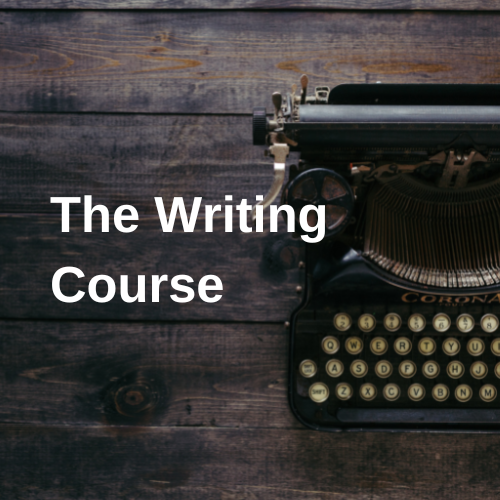Fundamentals of Academic Writing #3: Confidence
At the end of my last video, I mentioned the importance of confidence in overcoming indecision and perfectionism.
For many students, a PhD is the first time they’ve really struggled academically, and it’s also the first time when there isn’t clear syllabus or universal process to follow, and there’s no guarantee of success.
And the mere possibility of failure can be deeply disturbing, because it can feel like a threat to your very sense of identity and self-worth, and this is often the root of excessive perfectionism, of indecision or of procrastination.
These habits, even though they undermine your work, are often a way of protecting yourself from failure, because if you hold yourself back then nobody can really judge your full ability.
So how can we develop confidence?
Where does confidence come from?
Well, confidence cannot not come from certainty of success. If it did, then the slightest doubt would crush it.
Real, profound, unshakeable confidence comes from accepting the risk, accepting that things might not work out the way you want them to, but trusting absolutely in your ability to cope with whatever happens.
This kind of confidence doesn’t mean you wouldn’t be affected—we all have emotions and they’re normal, they’re natural and they’re healthy—but however you’re affected, confidence means knowing you’ll bounce back. You’ll get over it. You’d find a way, because you’re smart and you’re resourceful and your self-esteem and your self-worth do not depend on anything external or anybody else’s opinion of you or your work.
And if it all goes wrong, there’s always the next challenge. You’ll find something else. However important it is now, success or failure in a PhD won’t define your life.
In my own PhD, the big change, the one that took me from being stressed as hell and believing that even if I did manage to submit a thesis I’d be torn to pieces in the defence, to being calm and confident and doing really quite well, was that I stopped caring about the end result.
Focus on the process, not the outcome
This freed me up to just do the work, to the best of my ability in the time I had available. It freed me up to focus on the process and not the outcome. There were gaps in my knowledge, especially my mathematical skills weren’t great for a physicist, and there were also many things I could have done better, but there were also things I was good at and areas where I was quite strong.
So I accepted my own strengths and weaknesses, and I told myself that I did not care if the examiners hated my thesis. I did not care if they discovered all the gaps in my knowledge. And I did not care care if I failed. It would be unpleasant, but ultimately I would be OK.
But at the same time, I was not going to fail by not submitting on time. And I would let my best possible work be judged and not hold myself back of fear.
And because I wrote my thesis with this attitude, and because I made clear and confident decisions in my writing, the examiners really liked it.
And it’s this decision making that I’ll talk about in the next video.

